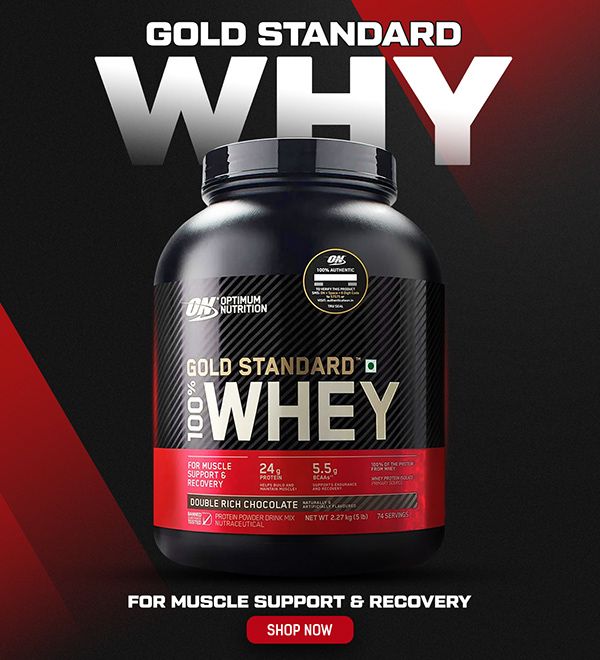Protein powder is a supplement made by extracting protein from various sources. The most popular form is whey, but it can also be made from egg white, soy or pea.
During its production, the carbohydrates, fats, and minerals are removed, leaving pure protein. Nutrients, flavourings, and some other ingredients are then added.
The final product is a powder that can be rehydrated with milk or water, or even added to recipes. They come in a variety of flavours, including plain, and can cater to a range of dietary or lifestyle needs.
The finished product is a powder that can be used in recipes or rehydrated with milk or water. They can meet a range of dietary or lifestyle requirements and are available in a variety of flavour including plain. What advantages does protein powder offer?
Protein is necessary for everyone. It’s simple for most people to obtain through nutrition. However, there are instances when you might not be able to get enough or just lack the time to prepare a meal that is high in protein. Protein supplements can help with that.
The majority of protein powders provide your body with all the key amino acids it needs because they are complete proteins. But they can provide a variety of additional benefits in addition to nourishment, such as:
Weight management: Because protein is a highly satiating food, it makes you feel fuller for longer periods of time. It is therefore perfect for anyone trying to control their weight
Which protein powder is ideal for my objectives?
The top-rated protein powder for muscle growth
You ‘ll want a powder that provides you with enough of high-quality protein if you want to bulk up. THE Whey TM is ideal for gaining muscle mass since it contains an impressive 25g of premium whey protein. The top-rated protein powder for weight loss
If you want to lose weight, taking supplements high in protein can be very beneficial. Protein reduces the need to snack by keeping you feeling full for longer, so it’s a wonderful idea to start your day with a high-protein breakfast. It is advised to use a casein-based powder because it is better for blood sugar regulation and keeps you feeling fuller than other proteins because it takes longer to digest.
- Building and repairing: Protein is a building block for cells, muscles, bones, cartilage, and skin. It also helps the body repair and replace cells.
- Growth and development: Protein is important for growth and development, especially in children, teens, and pregnant women.
- Energy: Protein can be used as an energy source.
- Regulating: Protein regulates gene expression and the immune system.
- Fluid balance: Protein in the blood helps maintain fluid balance between the blood and surrounding tissues.
- Hormones and enzymes: Protein is used to make hormones and enzymes.
Research on how much protein is the optimal amount to eat for good health is ongoing, and is far from settled. The value of high-protein diets for weight loss or cardiovascular health, for example, remains controversial.
Before you start ramping up your daily protein intake, there are a few important things to consider. For one, don’t read “get more protein” as “eat more meat.” Beef, poultry, and pork (as well as milk, cheese, and eggs) can certainly provide high-quality protein, but so can many plant foods — including whole grains, beans and other legumes, nuts, and vegetables. The table below provides some healthier sources of protein.
It’s also important to consider the protein “package” — the fats, carbohydrates, vitamins, minerals, and other nutrients that invariably come along with protein. Aim for protein sources low in saturated fat and processed carbohydrates and rich in many nutrients.
PROTIEN INTAKE REQUIRED PER DAY
the average protien requirement per day is 100 gram for a healthy person







